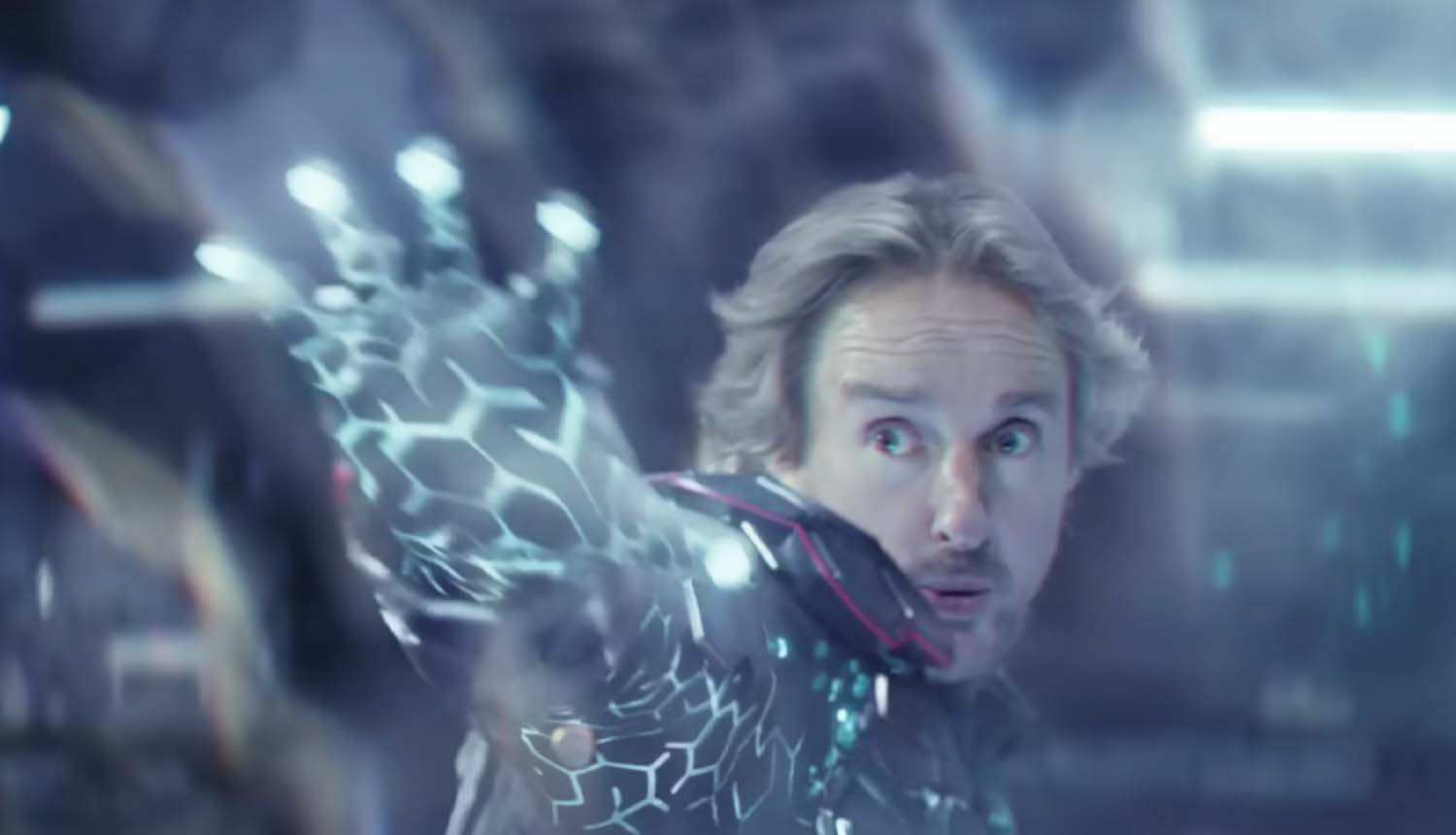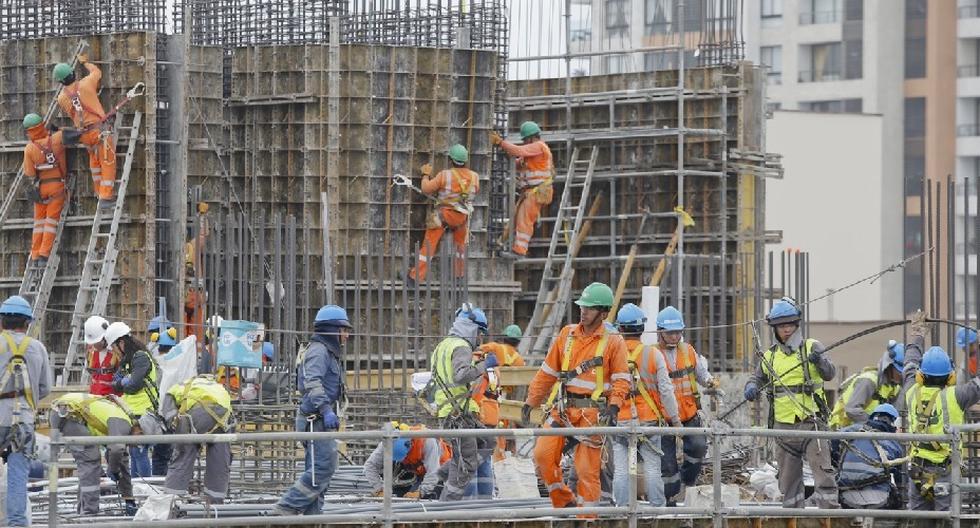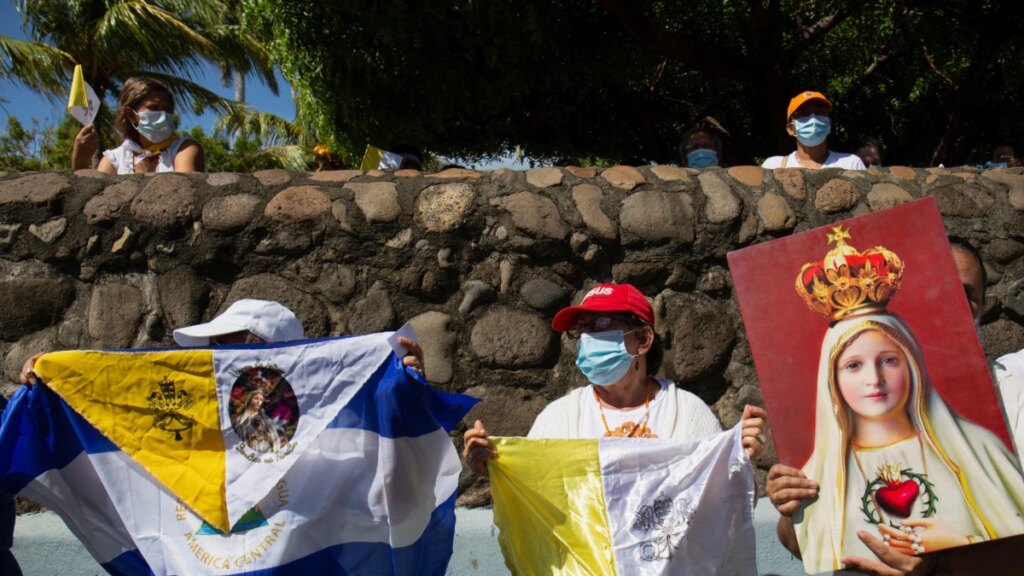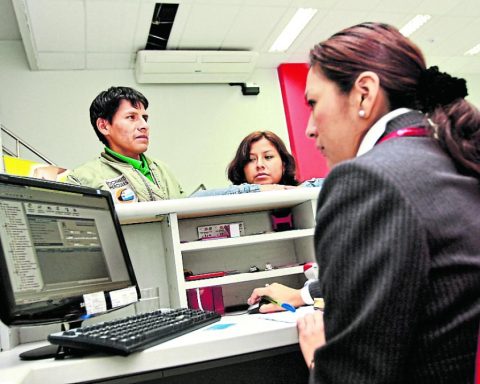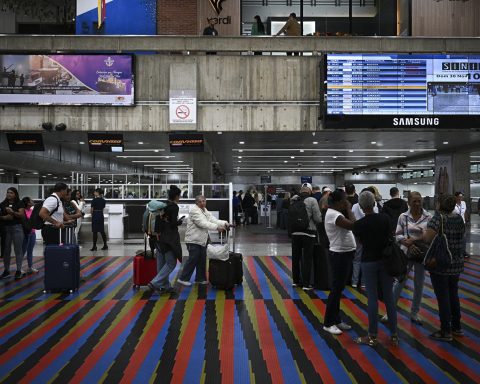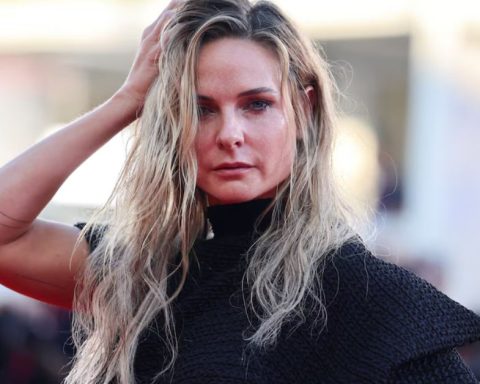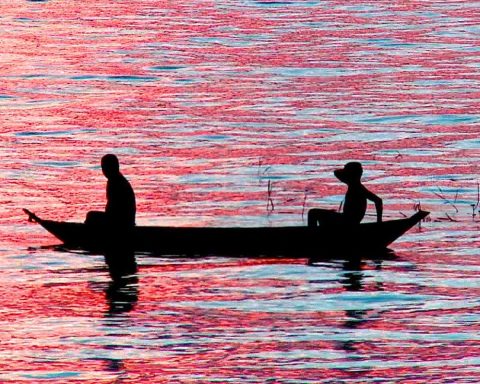When you’re dangling from a tower 2,000 feet above the desert floor and holding on only by the tips of your fingers, it’s hard not to blurt out a couple of expletives, even if you’re a Hollywood actor shooting a 13-year-old movie. years.
Source: AFP
Luckily, a new editing technology came to the rescue of the stars of “Fall”, the film that opens this Friday in theaters in the United States, which tells the story of two young women who decide to climb a metal tower in the remote California desert.
Because it’s a movie, the adventure doesn’t go as planned, and Becky (Grace Caroline Currey) and Hunter (Virginia Gardner) find themselves trapped on a tiny platform where vertigo is just one of the terrifying challenges they must overcome.
“I’m talking about the strongest winds I’ve ever experienced,” Currey told AFP of the grueling shoot.
“Gini (Gardner) and I are just clinging to that pole, sitting there, swinging, looking at each other.”
“We had a ‘what have we gotten ourselves into?’ moment. and also that of ‘these are our last hours?’, ‘will we make it?’”.
“There was definitely a lot of swearing in the air and in the air.”
Although the film was not filmed in the actual B67 Television Tower, which is twice as tall as the Eiffel Tower, the actors still had to navigate a terrifying location: an 18-meter-high tower at the top of the Eiffel Tower. a cliff in the Mojave desert.
Using careful angles so as not to show the mountain, British director Scott Mann was able to realistically recreate this independent thriller on a modest $3 million budget.
But when Lionsgate, the huge Hollywood studio, agreed to distribute the film, there was a problem.
The actors were swearing throughout the movie, and with language like that the movie could end up being rated “restricted”, which would hurt the box office.
“Rude Virginia and Grace,” Mann joked in an interview with AFP via Zoom.
“I don’t blame them, because let’s be honest, on top of this absurd structure, hundreds of meters up and asking them to improvise scenes, it’s completely justified for them to say something like that.”
“It’s definitely my fault,” he admitted.
– ‘Vulgar language’ –
“Fall’s” budget didn’t allow for new scenes, and its filmmakers were reluctant to edit out dialogue.
Instead, they found a creative solution: a new technology, invented primarily for language dubbing, allowed them to seamlessly swap lines for ones fit for almost the entire family.
It records the actors’ faces, learns the specific movements of their mouths, and manipulates those gestures with 3D computerized effects to synchronize them with the new dialogue.
“What the technology enabled was, instead of forcing us to rebuild the tower and go back up the mountain, to go to a soundstage,” said Mann, who co-founded a company that uses the technology.
“We rewrote those little moments, just to work on that vulgar language, and take it out of the movie.”
While the tool has been labeled a “deepfake,” Mann says that label implies reprehensible uses like pornography when in fact it’s much more than that.
“It’s an interesting use, and I think it was a good solution,” he concluded.
– ‘Wild’ –
Despite being released in mid-August, a typically low-viewing period when studios release many movies without fanfare, “Fall” has received very positive reviews.
The Guardian said the micro-budget film should blush other giant studios that put out movies “hundreds of times” less exciting, and Vanity Fair called it “a riveting summer surprise.”
For Currey, who shot many of the film’s stunts, making the film was “pretty wild, nothing like anything I’ve done before.”
“And we didn’t know if we were going to end up at ‘R’ (Restricted) or PG-13 (For ages 13+).”
“As far as Gini and I know, we were able to say whatever we wanted!”
